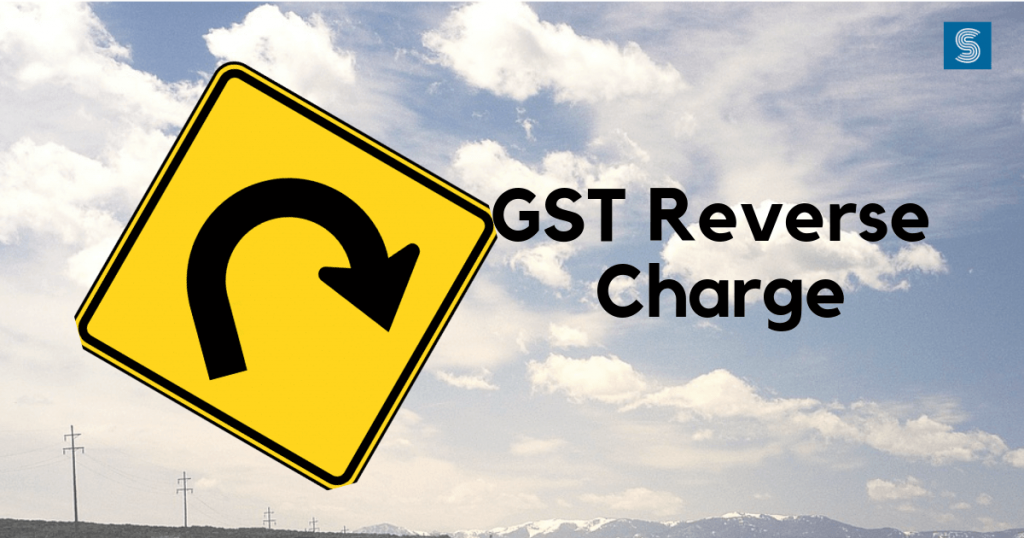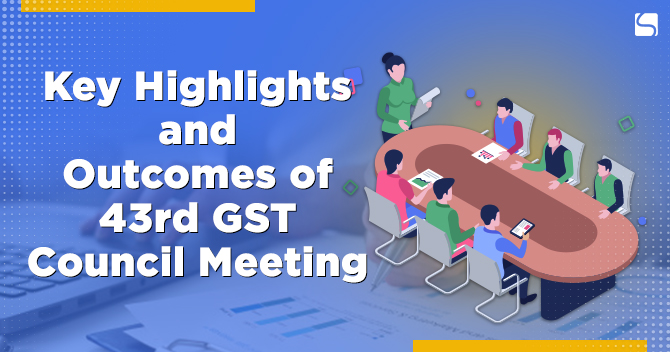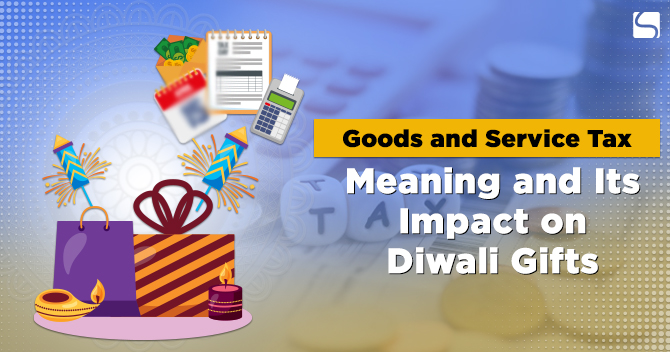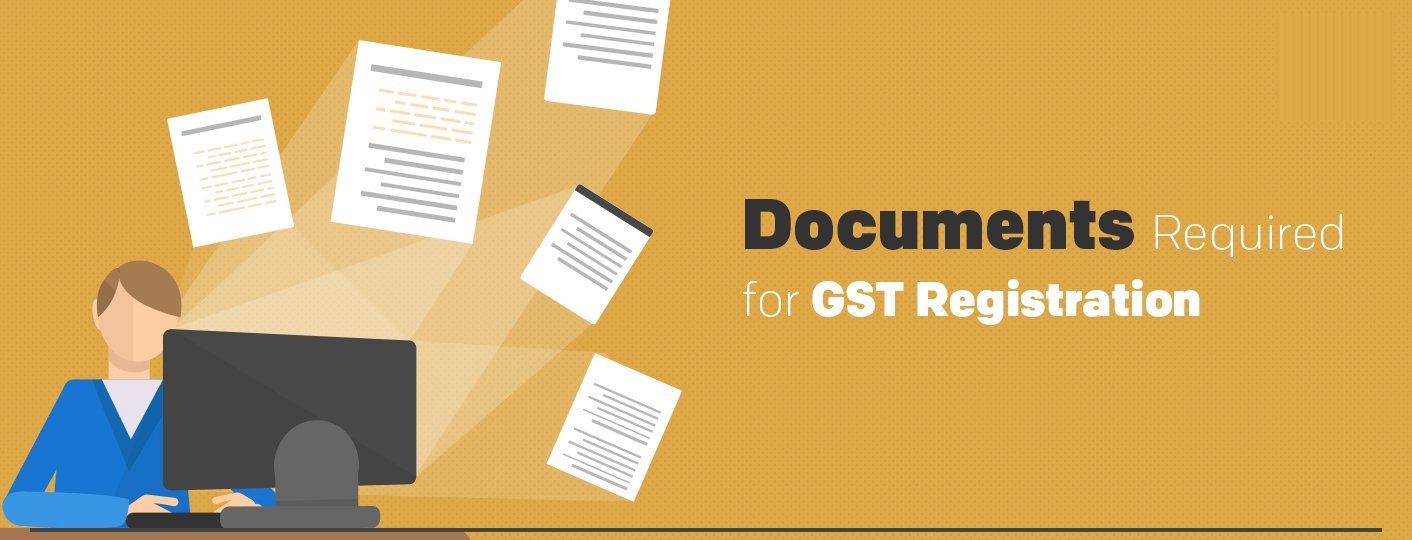GST Reverse Charge – Know all the New Aspects under GST

Neha Saxena | Updated: Mar 19, 2019 | Category: GST
Generally, the concept of Reverse charge mechanism under the GST regime can be considered as complicated one. Apart from that there also exists a misconception about the GST reverse charge mechanism among the taxpayers. There have been questions and queries regarding the mechanism of reverse charge under GST. The article is a critical analysis of the GST reverse charge mechanism which can be beneficial for the tax payer and will also provide the answer to their queries.
In general sense, when a business or individual supplies goods and/or services he is liable to pay tax under GST. However, in some of the cases such as imports, supplies with notification etc., the liability of tax may fall upon the receiver of the goods and/or services under the mechanism of reverse charge. The term Reverse Charge can be defined as the liability for the payment of tax by the receiver of goods instead of the supplier of the goods and/or services as per the notified supply.
Table of Contents
Types of Reverse Charge under GST
There are can be two types of reverse charge that may be applicable under GST which are discussed as follows;
The nature of supply and supplier is dependent
The aforesaid scenarios have been prescribed under section 9 (3) of the Central Goods and Service Tax (CGST), State Goods and Service Tax (SGST), Union Territory Goods and Service Tax (UTGST) Act and under section 5 (3) of the Integrated Goods and Service Tax Act, 2017.
When the goods and services are supplied by an unregistered person to a person registered under GST
The aforesaid scenario has been prescribed under section 9 (4) of the Central Goods and Service Tax (CGST), State Goods and Service Tax (SGST), Union Territory Goods and Service Tax (UTGST) Act and section 5 of the Integrated Goods and Service Tax Act, (IGST).
According to the provisions of section 9(3) of Central Goods and Service Tax (CGST), State Goods and Service Tax (SGST), Union Territory Goods and Service Tax (UTGST) Act and 2017/section 5(3)of the Integrated Goods and Service Tax Act (IGST) Act, 2017, the government of India on the recommendation of the GST Council can notify the specified categories for the supply of both goods as well as services. It is the tax which is to be paid on the basis of reverse charge by the receiver of goods and/or services or both under the guidelines of the Goods and Service Tax Act. All the provisions of GST will be applicable for the receiver of goods or services if he is the person liable to pay tax for the supply of goods or services or both.
Likewise, under section 9(4) of Central Goods and Service Tax (CGST), State Goods and Service Tax (SGST) , Union Territory Goods and Service Tax (UTGST) Act, 2017/section 5(4) of Integrated Goods and Service Tax (IGST) Act, 2017, in case of a supply of taxable goods and/or services or both by the seller or supplier who is not registered under GST and is supplying the same to a person registered under GST will have to pay GST on the basis of reverse charge as the receiver of goods and/or services or both. The provisions of Goods and Service Tax Act will be applicable to the receiver of goods if he is the person who has to pay the taxes associated with the supply of goods and/or services or both.
Meanwhile, when a person registered under GST gets supplies from a person who is not registered under GST; in that case, he has to pay GST on the basis of reverse charge. However, the aggregate value of such supplies for the goods and/or services or both received by the person registered under GST from a person who is not registered under GST must be less than Rs. 5000 in a day to claim an exemption.
It is to be noted that the mechanism of reverse charge under section 9(4)Central Goods and Service Tax (CGST), State Goods and Service Tax (SGST), Union Territory Goods and Service Tax (UTGST) Act,, 2017/section 5(4) of Integrated Goods and Service Tax (IGST Act), 2017 has been suspended till 30 September 2018 and the GST Council has made the recommendation for further defer the mechanism of reverse charge up to 30 September 2019.
Is GST Registration Mandatory for Reverse Charge?
Yes, the GST registration is mandatory for a person who is needed to pay tax on the basis of the reverse charge mechanism. The threshold limit for a reverse charge under GST is Rs. 20 lakhs and for special category states it is Rs. 10 lakhs except for Jammu and Kashmir.
Input Tax Credit (ITC) and GST Reverse Charge
Under GST law, a supplier of goods and/or services of both cannot claim for Input Tax Credit on the GST paid on the goods and services supplies where the receiver of goods is liable to pay tax.
Time of Supply under GST Reverse Charge
Under reverse charge the Time of supply for goods and/or services is different from as that of forwarding charge. In case of supply of goods, the earliest time of supply of;
- Goods receiving date; or
- Payment date according to the books of account or Payment date as per debit in the specified bank account, whichever is earlier; or
- The immediate following day, 30 days from the issuance date of the invoice
In case of a supply of services, the earliest time of supply of;
- Payment date according to the books of account or Payment date as per debit in the specified bank account, whichever is earlier; or
- The immediate following day, 60 days from the issuance date of the invoice
When there is no possibility to determine the time of supply with the use of the aforesaid method, in that case, the time of supply will be the date of entry in receiver’s books of account in respect of receipt of goods and/or services.
Self – Invoicing
Self-invoicing can be done when the customer bought goods and/or services from a supplier not registered under GST and the thus the buying of goods and services will fall under the category of reverse charge. This will cause as a result that the supplier will not be able to provide a GST-compliant invoice the customer. For that reason, the customer will be liable to pay tax on behalf of the supplier. Thus, self-invoicing in such cases is very important.
Compliance under GST Reverse Charge Mechanism
The following are some of the compliances in respect of supplies under the mechanism of GST reverse charge;
- According to section 31 of the Central Goods and Service Tax (CGST) Act, 2017 and Rule 46 of the Central Goods and Service Tax (CGST) Rules, 2017, every tax invoice must mention that whether the payment of tax has been made in respect of the supply on the basis of reverse charge. In the same way, the same provision is also applicable for receipt voucher and refund voucher to make sure if the tax payment has been made on the basis of reverse charge.
- Every person registered under GST has to maintain books of account and keep all records of supplies in respect of payment of tax that are made on the basis of reverse charge.
- Under reverse charge any amount paid will be shown by debiting the cash ledger electronically. In simple words, the input tax credit cannot be availed when the payment of tax is made on the basis of reverse charge. However, after the discharge of the liability of reverse charge, the recipient of the same can take the credit if he is eligible for the same.
- The information in relation supplies such as invoice, the details of reverse charge including rate must be furnished in a separate form i.e. intable 4B of GSTR-1 form.
- Advance payment made for the reverse charge for supplies will also liable for GST. In simple words, the person who is making advance payment of tax is liable to pay tax on reverse charge basis.
Applicability of Reverse Charge
The following are the two conditions of criteria for the applicability of reverse charge;
When supply is made from an unregistered dealer to registered dealer under GST
- If a dealer of goods and/or services has not obtained registration under GST, supplies goods to a person who got registration under GST, the mechanism of reverse charge will be applicable in that case. This suggests that the payment of GST will be made by the receiver of goods and/or services directly to the Government rather than the supplier of goods and/or services.
- As explained earlier, a dealer registered under GST has to make payment of GST under reverse charge has to maintain the process of self-invoicing for the supplies made. However, the aggregate value of such supplies for the goods and/or services or both received by the person registered under GST from a person who is not registered under GST must be less than Rs. 5000 in a day to claim an exemption.
- The buyer has to pay Integrated Goods and Service Tax ( IGST) for Inter-state purchases. Under Reverse charge mechanism, Central Goods and Service Tax (CGST) and State Goods and Service Tax (SGST) must be paid by the purchaser of goods and/or services. However, till date this provision has not been implemented.
When the services are provided through an e-commerce operator
When the supplies are being made by an e-commerce operator the mechanism of reverse charge will be applicable and the e-commerce operator will have to pay GST. This can be better understandable with the help of an example. For example, Amazon provides online shopping facility to the customer. Amazon is liable to pay GST which it collects from the customers and deposits the same directly to the account of government.
In case, there is no physical presence of the e-commerce operator in the tax territory, then a person who is an agent or re-presenter of the e-commerce operator will be held liable for the payment of GST. In some case, when there is no representative or agent, the e-commerce company will employ a representative will be subject to pay tax under GST. If you are looking to start your e-commerce company then you can contact Swarit Advisors.
Conclusion
From the above information and analysis, it can be concluded that the mechanism of GST reverse charge is one of the essential and important aspects of the GST regime which needs to be analyzed before the payment of tax under GST.
For further queries on GST reverse charge, contact Swarit Advisors. We have a highly dedicated team who has a good hand on GST registration.
Also, Read: What is the Procedure for Cancellation of GST Registration Certificate?















